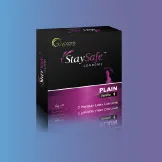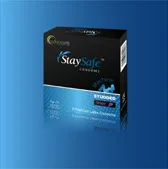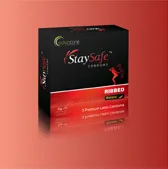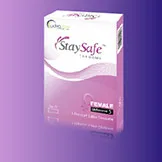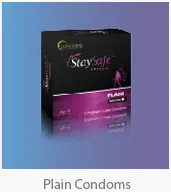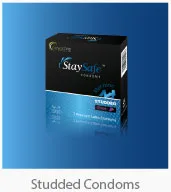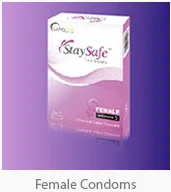

What is Effective Sex Education?
WHO have reported that over 1 million people contract a sexually transmitted disease (STD) every day and approximately 16 million girls aged 15 to 19 and around 1 million girls under 15 give birth every year. About 3 million girls aged 15 to 19 undergo unsafe abortions every year. With people becoming sexually active at an earlier age, it is important to equip them with the knowledge they need to practice safe sex. Yet there is still a lot of disagreement with regards to sex educating such as what it should it include, when it should begin, and if it should be taught at all.
What needs to be determined is if sex education is valuable or detrimental to young people. Statistics suggest that people engage in sexual activities regardless of what they are being taught, and so it seems necessary to equip them with the knowledge required to make informed decisions. Nowadays we are immersed in sexual imagery so it is vital that the youth of today get accurate information in a safe environment. Sex education should not be about personal beliefs but should only be in the best interest of the young people who require this information.
To ensure that young people get the sex education they need, it is first important to highlight and understand what is ineffective and what works.
The inaccuracies in information given to young people is what leads to ineffective sex education. This includes:
• False information about sex given as facts
• Inaccurate medical information
• False information about the effectiveness of contraception given as facts
• Encouraging stereotypes.
On the other hand, effective sex education does not need to be explicit in nature, it only needs to emphasize accurate information which still takes into account all values and needs. This includes:
• Having clear goals focused on prevention of STD’s and pregnancy, and specific needs of the community
• Information which is developed with the help of the community and its young people
• Comprehensive sex education that is balanced and contains information on puberty, contraception, STD’s, treatment for STD’s, sex, and abstinence
• Information which respects community values and needs
• Information which is culturally and age appropriate
• Information within a safe environment coming from professionals and trained educators
• Knowledge on communication, refusal, and negotiation
• Medically accurate information with regards to all areas of sex including abstinence, sexual activities and contraception
• Knowledge regarding psychosocial risks, pressure, and protection
• Participatory teaching methods, using all the activities and resources as planned.
Attitudes towards sex education are beginning to change, with more countries promoting a balance in sex education, but there is still a lot to be done. The youth has a right to accurate and effective sexual health information, which is both appropriate, and prevents young people from making harmful decisions. Such choices can only be prevented when they have all the information necessary to make a clear and informed assessment. Effective sex education cannot be optional, it is essential for life-planning.
StaySafe PRODUCT RANGE
©2014 StaySafe Condoms. All rights reserved.
Click here to read our Privacy Policy or Contact Us for more information.
